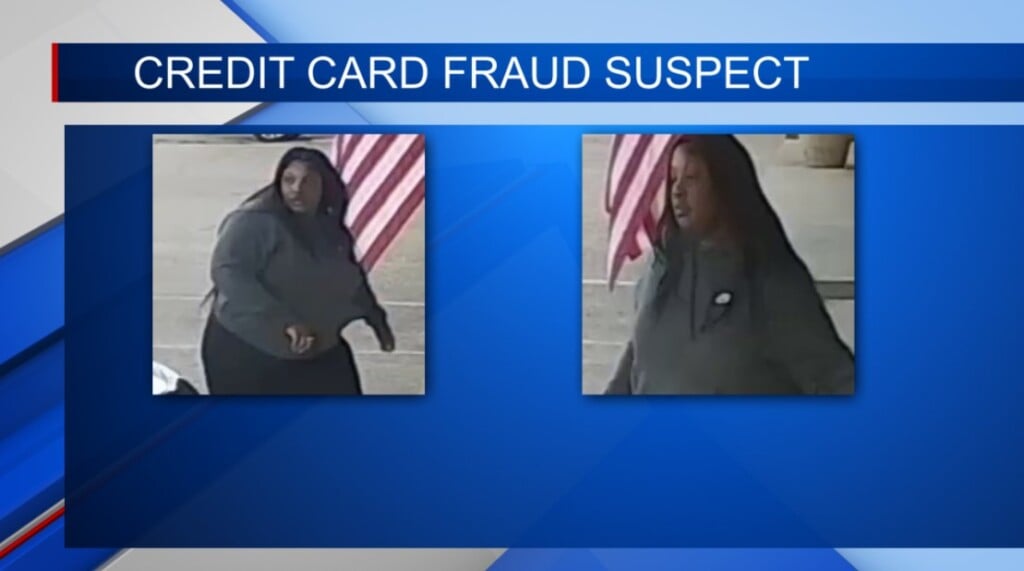Presley Says Electric Cooperatives Owe Customers Millions
JACKSON, Miss. (Staff and Wire Reports) -– Today, Public Service Commissioner Brandon Presley revealed the results of an initial inquiry by his office into the accumulation of excess funds by many of South Mississippi’s electric power associations (EPAs).
But utilities in Northeast Mississippi who get their power from the Tennessee Valley Authority aren’t impacted because of separate contractual agreements with TVA that prevent hoarding reserves and don’t require such consumer rebates.
Recently, the Mississippi Public Service Commission (PSC) announced that some electric cooperatives in Mississippi have what the PSC terms “excess funds” that should be returned to their members. In a press release, the PSC refers specifically to cooperatives that are not Tennessee Valley Authority (TVA) power distributors. The Commission failed to note that 4-County and the other 154 local power companies which fall under the authority of the TVA and the TVA Act of 1933, by wholesale power agreements with TVA, cannot return excess funds, or capital credits, back to members. Contractually, excess funds must be spent on system improvement, which, for the last 75 years, they have been.
Many electric cooperatives outside the Tennessee Valley return capital credits to their members. Capital credits are paid when a cooperative brings in more revenue than it spends during the year (excess revenue is also called member equity). Back in the early 1930’s, the Tennessee Valley Authority Act, created TVA and allowed electricity to be brought to rural areas like Mississippi, As TVA signed contracts with power distributors, including cooperatives like 4-County, they required those distributors to re-invest any excess revenue back into their electric system instead of paying capital credits. When a cooperative returns capital credits that is less money that the cooperative has to invest into its business, and it is money that has to come from somewhere, either in the form of increased rates or increased debt, or both. None of the electric systems mentioned by the Public Service Commission are TVA power distributors.
“Because TVA requires that all their local power companies, including 4-County, re-invest excess revenue, or member equity, back into our electric systems, 4-County cannot pay capital credits. What we can do is carefully invest our member’s equity on system improvement—upgrading and improving substations, lines, poles, transformers and other equipment, improving right-of-way work and other projects that improve system reliability and bring power to our members at the lowest possible cost,” said 4-County Electric Power Association CEO Joe Cade.
“4-County does not have large cash reserves or an undue amount of debt. What we have is a reliable, up-to-date electric system and electric rates that have risen less than ten cents a kilowatt hour since 1939,” Cade added.
Presley said unlike customers of large investor-owned electric utilities such as Entergy and Mississippi Power, power association customers are the owners of the utility. Mississippi is one of 28 states with laws governing how excess funds are to be distributed to association members, with the state requiring that excess funds be returned to members either through direct reimbursement or through general rate reductions.
The latest figures show that over $114 Million in excess funds exist within power associations in the southern part of the state that have not issued refunds, commonly referred to as capital credits. Presley said he plans to ask for a formal inquiry by the full Public Service Commission and Public Utilities Staff at tomorrow’s Commission meeting.
“My initial look into some of the large cash reserves has led me to the disturbing conclusion that some power association boards are simply sitting on money that rightfully belongs to customers,” Presley said. “That said, some Mississippi power associations have demonstrated a commitment to follow the law and return money to members. Those associations should be commended for doing the right thing even when most of their peers have not been.”
As reported to the Commission, the state’s 25 power associations accumulated funds totaling $161,807,074.14 in the last filing year. Of those, only 7 returned a total of $47,046,381.00 to their customers in the last reported year due to excess funds. Those associations who returned dollars to customers were Coast EPA ($13,270,686.00), Delta EPA ($3,886,754.00), Dixie EPA ($7,628,627.00), Magnolia EPA ($1,809,466.00), Pearl River Valley EPA ($8,807,708.00) Singing River EPA ($11,443,129.00), and Southwest Mississippi EPA ($200,011.00).
“While everyone recognizes that power associations need to have rainy-day funds, there simply is no excuse for not returning excess dollars above and beyond that to the customers. It seems that some have been following the law and some haven’t. It’s time to get the customers’ money back in their pockets.” Presley said.
Presley said that his office gathered data through data filed with the PSC, as well as from data filed with other state and federal agencies. Presley cited Twin County Electric Power Association as the most egregious example. According to Twin County’s latest filing with the Commission, it holds over $33 million in capital credit funds, but returned none to its members.
The failure of electric cooperatives to return member funds is not a problem limited to Mississippi. A recent, widely circulated essay by U.S. Representative Jim Cooper of Tennessee has revealed failures across the nation. Cooper warns that most electric cooperatives sit on tens of millions of dollars in capital credits with members seeing no benefits.
Consequences of a failure to properly return funds to members includes possible loss of tax exempt status, which would have a significant negative impact on ratepayers in Mississippi. Power Associations serve approximately 85% of the state’s land mass 50% of the electric meters in Mississippi, the vast majority of which are residential customers.
“I am determined to see that customers get the money that they deserve,” Presley concluded.





Leave a Reply